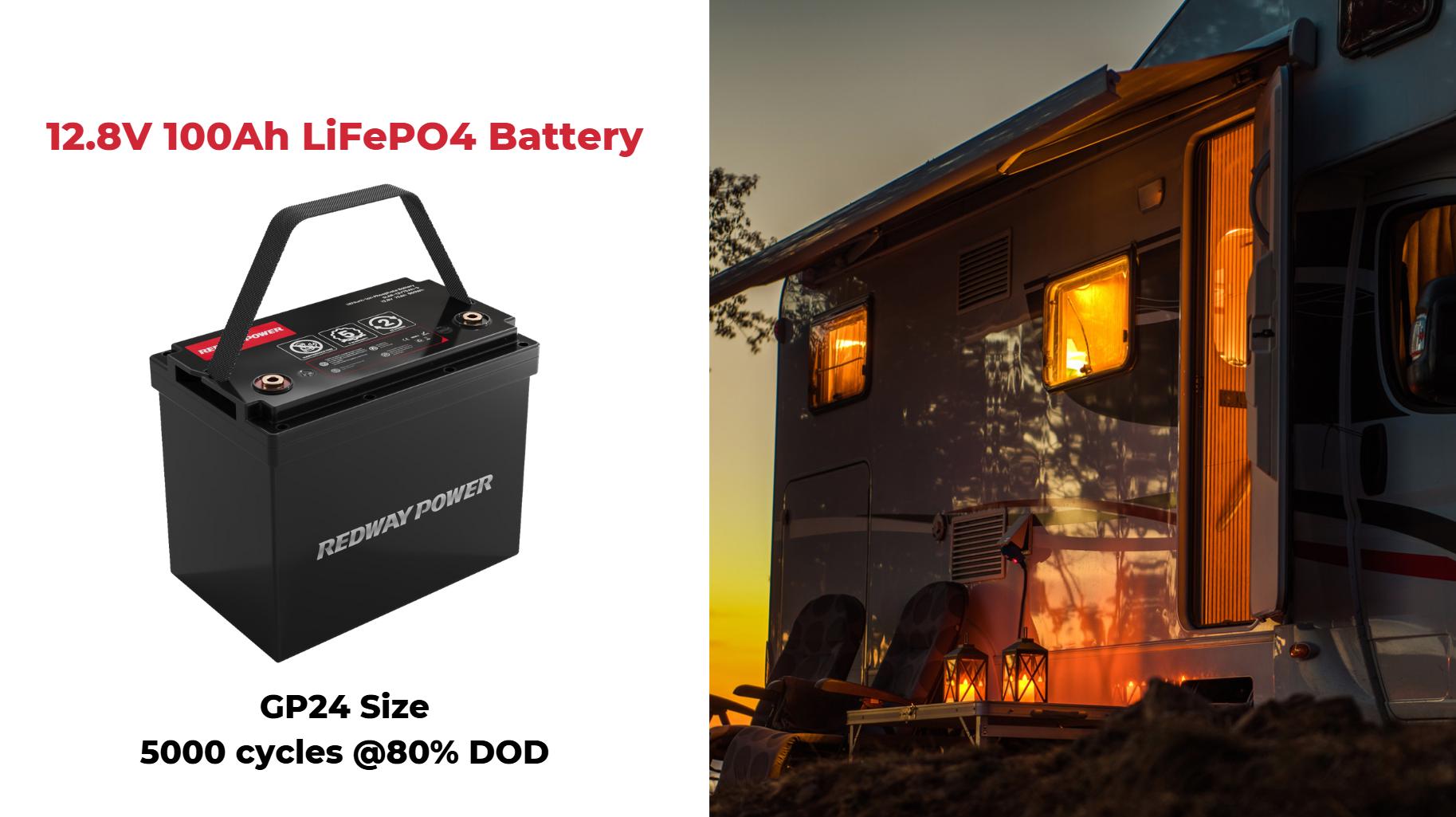
Are LFP and LiFePO4 the Same? Exploring Lithium Iron Phosphate Battery Technology
LFP and LiFePO4 refer to the same lithium iron phosphate battery chemistry, known for safety, longevity, and thermal stability. Understanding their equivalence and features helps users choose the right batteries, like those from Fasta Power, for reliable, high-performance energy solutions.
What Does LFP Stand For and How Is It Related to LiFePO4?
LFP is the abbreviation for Lithium Iron Phosphate, which is chemically expressed as LiFePO4. The terms are interchangeable and represent the same battery chemistry widely used in electric vehicles, renewable energy, and golf carts.
How Does LiFePO4 Chemistry Work?
LiFePO4 batteries use a lithium iron phosphate cathode, a carbon anode, and an electrolyte to store and release energy via lithium-ion movement. This chemistry offers stable voltage output, excellent cycle life, and enhanced safety compared to other lithium-ion types.
Which Applications Benefit Most From LFP/LiFePO4 Batteries?
LiFePO4 (LFP) batteries are ideal for solar energy storage, RVs, golf carts, marine systems, and off-grid applications. Their long cycle life, thermal stability, and low maintenance make them perfect for demanding, deep-cycle, and safety-critical environments.
LFP batteries are ideal for applications requiring high safety, long life, and consistent performance, such as:
- Golf carts
- Electric vehicles
- Solar energy storage
- Portable power systems
Fasta Power specializes in leveraging LFP chemistry for superior golf cart battery solutions.
Why Is LiFePO4 Considered Safer Than Other Lithium-Ion Batteries?
The iron phosphate cathode structure is more thermally and chemically stable, reducing risks of overheating, combustion, or thermal runaway. This makes LiFePO4 safer for everyday and demanding uses.
What Are the Performance Characteristics of LFP Batteries?
LFP batteries offer high cycle life (2,000–5,000+), stable voltage, excellent thermal safety, and a wide operating temperature range. They support fast charging, deep discharge, and have a low self-discharge rate, making them reliable and efficient.
LFP batteries deliver:
- Moderate energy density
- Long cycle life (2000+ cycles)
- Stable voltage profile
- Fast charge and discharge capabilities
- Excellent thermal stability
These features support dependable and efficient power delivery.
How Do LFP Batteries Compare to Other Lithium-Ion Chemistries?
Compared to other lithium-ion chemistries, LFP batteries are safer, longer-lasting, and more stable thermally. They have lower energy density than NMC or LCO cells but excel in durability, cost-effectiveness, and environmental friendliness.
| Feature | LFP (LiFePO4) | Lithium Cobalt Oxide (LCO) | Lithium Nickel Manganese Cobalt (NMC) |
|---|---|---|---|
| Energy Density | Moderate | High | High |
| Cycle Life | Very Long | Moderate | Moderate |
| Thermal Safety | Excellent | Moderate | Moderate |
| Cost | Moderate | High | High |
| Environmental Impact | Lower | Higher | Higher |
When Should Users Choose LFP Batteries Over Alternatives?
Choose LFP batteries when safety, long lifespan, and thermal stability are priorities over compact size or weight. For golf carts, Fasta Power’s LFP batteries provide a balance of power, durability, and peace of mind.
Where Are LFP Batteries Manufactured and How Does Quality Vary?
Manufacturing quality affects performance and safety. Fasta Power utilizes cutting-edge facilities and stringent quality controls to deliver reliable, high-grade LFP batteries tailored to client needs worldwide.
Can LFP Batteries Be Recycled Effectively?
Yes, LFP batteries have a more environmentally friendly composition with less toxic materials, making recycling easier and safer compared to other lithium chemistries. Fasta Power promotes sustainability through responsible manufacturing and recycling programs.
How Does Battery Management System (BMS) Enhance LFP Battery Performance?
BMS monitors voltage, temperature, and current to prevent overcharge, deep discharge, and overheating. Integrated BMS in Fasta Power batteries ensures optimized safety and extends battery life.
What Are Common Misconceptions About LFP and LiFePO4?
Some users mistakenly think LFP and LiFePO4 are different or less capable due to lower energy density. However, the chemistry excels in safety, lifespan, and cost-efficiency, making it ideal for many practical applications.
Fasta Power Expert Views
“LFP, or LiFePO4, represents a breakthrough in lithium battery technology by combining safety and longevity without sacrificing performance. At Fasta Power, our expertise in LFP battery design and manufacturing ensures customers receive cutting-edge, reliable power solutions tailored for golf carts and beyond, driving innovation and sustainability in energy storage.”
Conclusion
LFP and LiFePO4 are different terms for the same lithium iron phosphate battery chemistry, offering unique advantages in safety, durability, and thermal stability. While they may have moderate energy density compared to other lithium-ion types, their long cycle life and environmental benefits make them excellent for golf carts and other demanding uses. Trusted manufacturers like Fasta Power enhance these benefits through superior engineering and quality assurance.
FAQs
Q: Are LFP and LiFePO4 the same battery?
A: Yes, LFP is the common abbreviation for Lithium Iron Phosphate (LiFePO4) batteries.
Q: What makes LiFePO4 safer than other lithium-ion batteries?
A: Its stable iron phosphate cathode reduces risks of thermal runaway and combustion.
Q: Can LiFePO4 batteries be used in all electric vehicles?
A: They are widely used where safety and longevity are priorities but may have size or weight trade-offs.
Q: How long do LFP batteries typically last?
A: LFP batteries can exceed 2,000 charge cycles with proper care.
Q: Does Fasta Power offer LFP batteries?
A: Yes, Fasta Power specializes in high-performance LFP batteries optimized for golf carts and other applications.
